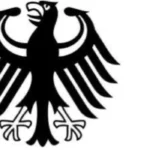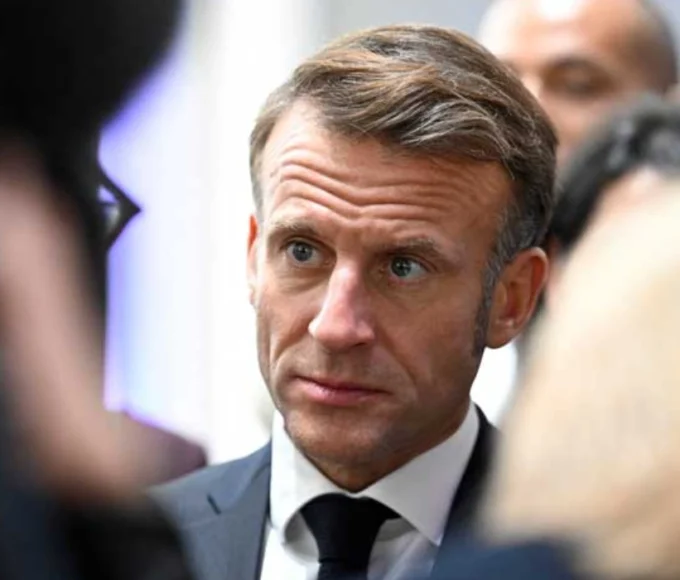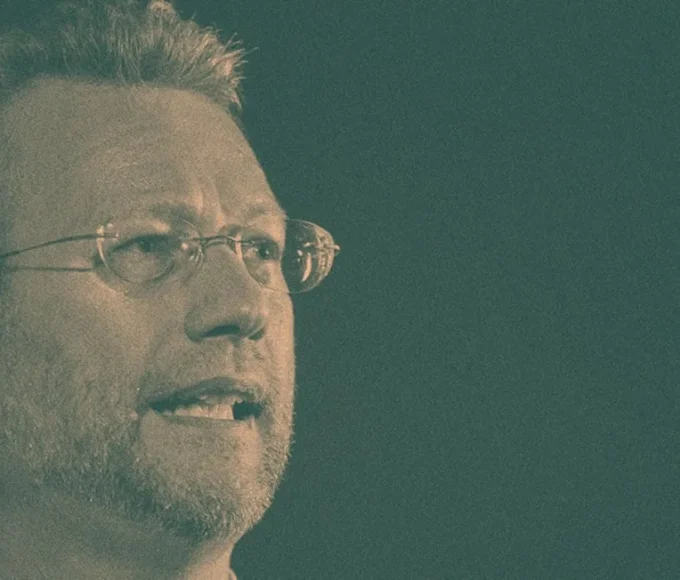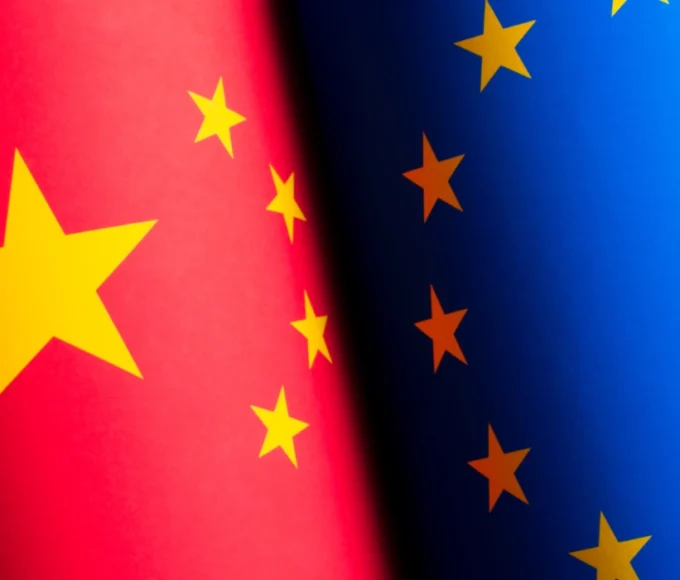Jouvet made it clear that there are no negotiations with Donald Trump, labeling his approach to international trade as “extremely violent.” He emphasized that Trump’s tactics were something “no reasonable person would consider,” underscoring the challenges European nations face in dealing with the US president’s actions. In his view, the trade discussions between Europe and the US seem to have broken down, and there is little room for compromise when confronting Trump’s “irrational” decision-making.
Read Also: Protests Erupt in Istanbul After Mayor Ekrem İmamoğlu’s Arrest on Corruption Charges
Europe Must Stand Firm: Economic Retaliation Needed
In response to the tariffs, Jouvet argued that the EU should not allow itself to be walked over. He stressed that Europe must adopt a real economic force to respond effectively to Trump’s actions. While European Commission President Ursula von der Leyen proposed a reciprocal tariff exemption for industrial products to Trump on April 7, the US president had already rejected the offer. Jouvet criticized Europe’s passive stance, describing it as a case of the “Stockholm syndrome” where European leaders appear unable to take economic measures in response to Trump’s attacks.
How to “Bring the US Economy to Its Knees”
Jouvet outlined several steps the EU should take in retaliation against the US. One of the most direct measures would be to target the “digital oligarchs” who surround Trump, leveraging Europe’s regulatory power such as the Digital Services Act (DSA) to hold digital platforms accountable. According to Jouvet, this could be an effective way to apply pressure on the American economy.
Applying “European Preference” in Public Markets
Another measure proposed by Jouvet was to enforce the “European preference” in public procurement markets. He suggested that Europe could take a bold stance by telling Trump that the US would no longer have access to the European market, a decision that would be difficult but necessary to protect Europe’s interests. Jouvet highlighted the importance of standing firm in the face of pressure from the US, despite the challenges of such a move.
Europe’s Response: A Call for Action
While not all of Jouvet’s proposals are likely to be supported within the European Union, he expressed confidence that Europe would eventually respond. “Europe has always acted in times of crisis,” he said, and this moment, with tensions running high due to the trade war, is no different.
Jouvet’s remarks reflect a growing frustration in Europe over the US’s aggressive trade policies, and his call for a stronger, more unified EU response to the US’s tariff actions underscores the increasing importance of economic power in global politics.
This article is originally published on: publicsenat









